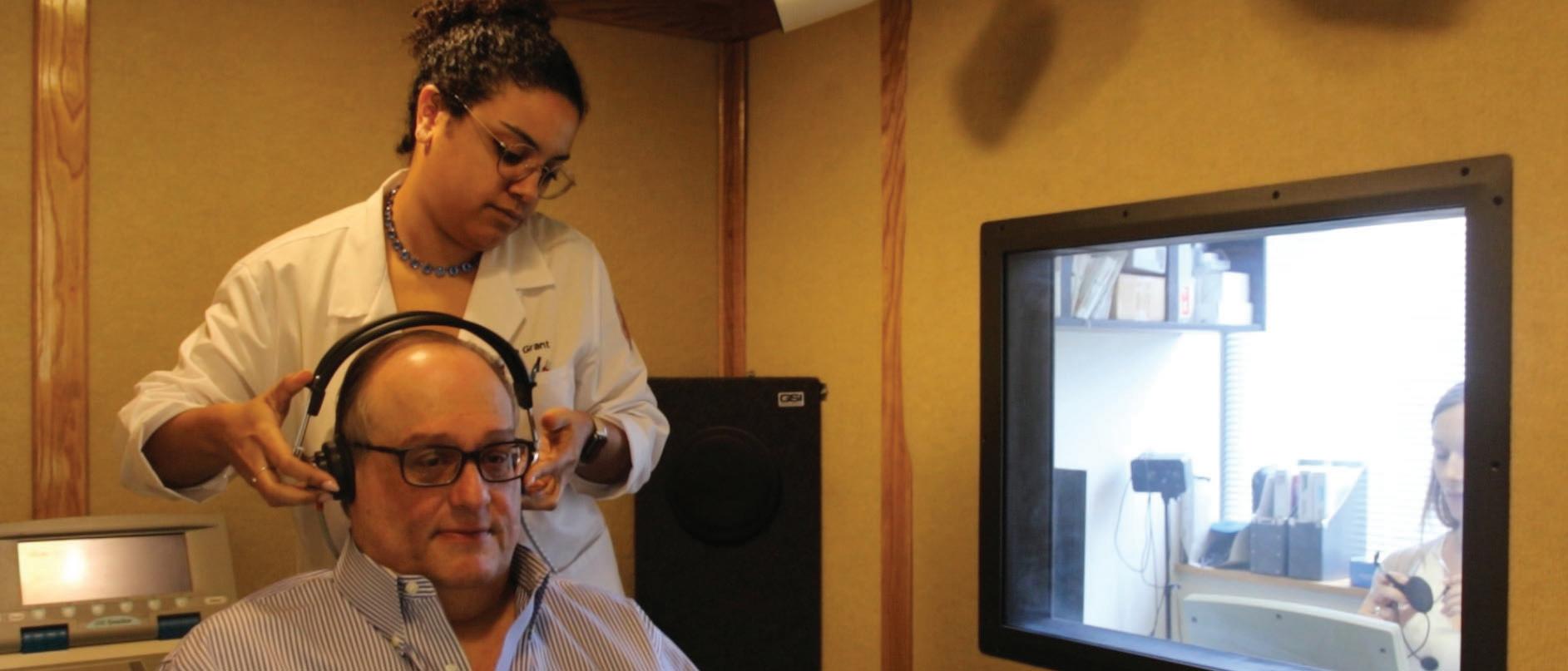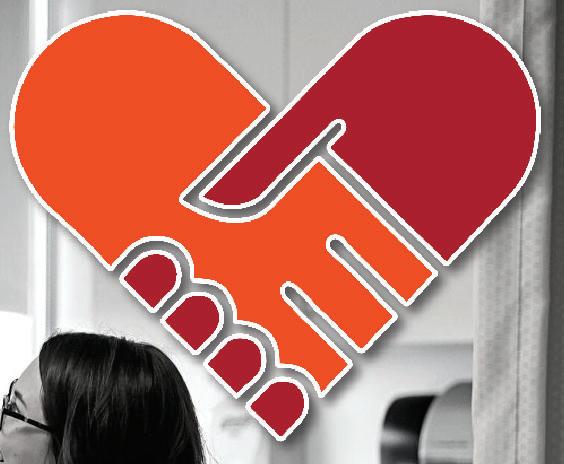Hearing Aids - Did You Know?
For the millions of Americans who have hearing loss, hearing aids are usually the best option to help correct untreated hearing loss and help individuals resume a high quality of life. While it can be hard to accept the need for hearing aids, going without them increases an individual’s risk for social and medical problems, including isolation, cognitive decline and depression. Many types and styles are available to suit every preference and lifestyle.
Below are some interesting facts about hearing aids.
Hearing aids are not just for the elderly
Age is the strongest predictor of hearing loss, but hearing loss affects all ages, even children. For children of any age, untreated hearing loss can lead to developmental delays and difficulties with speech, language and socialization. Beyond childhood and adolescence, hearing loss may affect young and middle-age adults during their working years. Consulting with an audiologist can help address hearing problems early, to minimize the impact on school, work and overall quality of life.
Hearing aids do not cure hearing loss
While eyeglasses may be able to perfectly restore your eyesight, no treatment for hearing loss will result in perfect hearing. Hearing aids are used to amplify sound so those with certain degrees of hearing loss can listen, communicate and participate in daily activities. Hearing aids do not “cure” hearing loss, but can substantially improve the wearer’s ability to interact with the world around them. While hearing aids do not make hearing “perfect” again, they can improve quality of life because they allow people to re-engage in the activities they enjoy.
Hearing aids may help even with a mild hearing loss

Untreated hearing loss, even mild, affects the brain’s ability to remember common everyday sounds. If you find yourself struggling to understand what people are saying in situations where you previously had little to no trouble, you may be experiencing mild hearing loss that could be addressed with hearing aids.
Today’s hearing aids are virtually invisible
Today’s hearing aid technologies are virtually invisible. They come in multiple colors to match your hair or skin type. There are even tiny hearing aids that fit in your ear canal. The different fits have pros and cons, so an audiologist will help you determine which fit works best for you.
Hearing aids don’t affect your lifestyle
Today’s hearing technologies are suitable for all lifestyles. Modern hearing aids can work seamlessly with high-tech devices like smartphones and tablets. Wireless technology allows certain types of hearing aids to connect directly to phones, tablets, TVs or other audio devices. An audiologist can recommend certain products for connecting to your electronic devices.
The Pennsylvania Ear Institute (PEI) offers a variety of services including comprehensive hearing evaluations, hearing aid fitting and repair. For more information on PEI’s hearing aid services, call 215.780.3180.
Hearing Loss – A Common Problem For Older Adults

According to the National Institute on Aging, approximately one in three people between the ages of 65 and 74 have hearing loss, and nearly half of those older than 75 have difficulty hearing. Hearing loss is the third most common physical condition after arthritis and heart disease.
Studies have shown that cognitive abilities, including memory and concentration, decline faster in older adults with hearing loss than in older adults with normal hearing. Recent research suggests that older adults with hearing loss have a greater risk of developing dementia than older adults with normal hearing.
People with hearing loss may find it hard to have conversations with friends and family. They may also have trouble understanding a doctor’s advice, responding to warnings, and hearing doorbells and alarms.
Signs that you have a problem with your hearing include:
• Having to ask people to repeat themselves.
• People sound like they’re mumbling when they talk to you.
• You have difficulty hearing what people are saying in a crowded restaurant or room. Hearing loss is more pronounced in social situations where there is an increase in background noise.
• Listening to the TV at a high volume.
• Hearing a ringing or buzzing sound in your ears (tinnitus).
If you notice signs of hearing loss, talk to your doctor. If you have trouble hearing, you should:
• Let people know you have a hearing problem.
• Ask people to face you and speak more slowly and clearly. Also, ask them to speak at a higher volume without shouting.
• Let the person talking know if you do not understand what he or she said.
• Ask people to repeat
themselves. There may be times when you can’t understand what someone is saying. It’s okay to ask them to repeat themselves.
• Find a good location to listen. Place yourself between the speaker and sources of noise and look for quieter places to talk.
Anyone experiencing hearing loss should have their hearing checked and treated. Not only will it make it much easier to communicate with friends and loved ones and continue to participate in the many everyday activities that require hearing, but it could help avoid or delay the onset of dementia.
If you suspect some degree of hearing loss, contact the Pennsylvania Ear Institute. For more information on PEI’s services or to make an appointment, call 215.780.3180.
The Eye Institute (Oak Lane) 1200 West Godfrey Avenue Philadelphia, PA 19141
Appointments: 215.276.6111
The Eye Institute (Chestnut Hill) Chestnut Hill Plaza 7630 Germantown Avenue Philadelphia, PA 19118
Appointments: 215.276.6111

The Eye Institute (Norristown) 1401 DeKalb Street Norristown, PA 19401
Appointments: 610.278.7787
SalusUhealth.com/TEI

Pennsylvania Ear Institute 8380 Old York Road, Suite 120 Elkins Park, PA 19027
Appointments: 215.780.3180

1200 W. Godfrey Avenue (Oak Street Health Entrance) Philadelphia, PA 19141
SalusUhealth.com/PEI
At Salus University’s health facilities, The Eye Institute, Pennsylvania Ear Institute, Speech-Language Institute, and Occupational Therapy Institute compassionate doctors, clinicians, and support staff have dedicated their lives to improving the health and wellbeing of our community.



If you have a caregiver who has made a meaningful impact on your life, please consider sending them a note of gratitude and making a charitable gift to the clinic in his or her honor. Although the amount of your contribution remains confidential, your Healthcare Hero will be notified of your honorary gift and he or she will be given special recognition.

Your
To donate, visit SalusUhealth.com/give Honor your Healthcare Hero
gift not only demonstrates deep gratitude for the care you received, but it will play a critical role in enhancing access to care, advancing innovation and improving the patient and client experience in our community.









